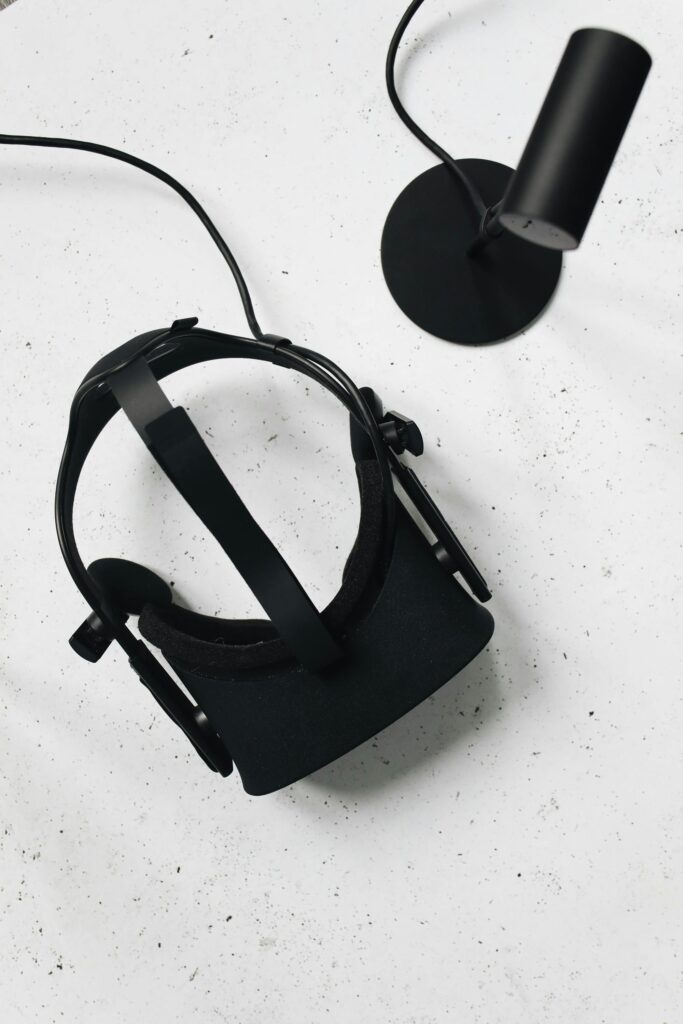Introduction

Artificial Intelligence acts as a Virtual Assistant and performs different indispensable Automated Medical procedures. In this blog, we will investigate 10 reasonable purposes of Man-made brainpower in the medical care industry from Menial helper to Mechanical Medical procedure, exhibiting its huge potential and effect. The reconciliation of artificial intelligence into the medical services industry has prompted weighty developments, further developing exactness, effectiveness, and patient consideration. From diagnosing illnesses right on time to aiding complex medical procedures, computer-based intelligence is reforming each aspect of medical services.
1. AI in Clinical acts as a Virtual Assistant in Imaging and Diagnostics

Diagnosing sicknesses precisely and at a beginning phase is basic for compelling therapy AI-controlled instruments have fundamentally improved clinical imaging by investigating X-beams, X-rays, and CT filters with uncommon accuracy. This is one of the best 10 purposes of Computerized reasoning in the Medical Services Industry. Profound learning calculations can identify anomalies like growths, breaks, or indications of sicknesses, for example, disease and neurological problems quicker than conventional strategies. For example, artificial intelligence frameworks like Zebra Clinical Vision and Google’s DeepMind are being utilized to recognize conditions like bosom disease and diabetic retinopathy with momentous exactness.
2. Prescient Examination for Illness Flare-ups
One of the main commitments of AI in the healthcare industry is its capacity to anticipate sickness through Medical Imaging etc., and its ability to predict disease outbreaks and individual health risks. Artificial intelligence frameworks investigate huge measures of information, including patient records, way of life designs, and ecological variables, to foresee potential medical problems. During the Coronavirus pandemic, artificial intelligence instruments helped track the spread of the infection and anticipate areas of interest, empowering specialists to quickly act. Prescient examination can likewise distinguish in danger populaces for conditions like coronary illness and diabetes, assisting specialists with mediating prior.
3. Customized Medication and Custom-made Treatment Plans

One of the 10 Purposes of Man-made consciousness in the Medical care framework is that it prepares for customized medication, where therapies are custom-made to a person’s hereditary cosmetics, way of life, and clinical history. By breaking down hereditary information, simulated intelligence instruments can anticipate how patients will answer explicit meds or treatments. For instance, IBM Watson Wellbeing utilizes artificial intelligence to give oncologists proof-based therapy proposals for disease patients. This customized approach guarantees more powerful medicines and a few aftereffects.
4. AI-fueled Virtual Assistants

Virtual Assistants are changing patient commitment and availability to medical care. These AI-driven devices can plan arrangements, remind patients to take the meds, and give replies to fundamental clinical questions. Well-known models incorporate chatbots like Ada Wellbeing and Babylon Wellbeing, which guide patients by dissecting their side effects and offering counsel. Virtual assistants decrease the weight on medical services experts by dealing with routine undertakings while guaranteeing patients stay associated with their consideration suppliers. This is one more top utilization of Computerized reasoning in the wellbeing business.
5. AI in Robotic Surgery
One of the 10 purposes of Man-made consciousness in the Medical care framework is that Automated medical procedures, fueled by simulated intelligence, are rethinking accuracy and results in the working room. These frameworks assist specialists with carrying out complex techniques with improved exactness and insignificant obtrusiveness. For example, the da Vinci Careful Framework utilizes simulated intelligence to help specialists in fragile tasks, decreasing dangers and accelerating recuperation time for patients. Simulated intelligence additionally screens continuous information during medical procedures, guaranteeing ideal navigation and diminishing human mistakes.
6. Speeding up Medication Revelation and Advancement

Additionally, one of the main 10 purposes of artificial intelligence in the Medical services framework is that the conventional course of medication disclosure is tedious and costly. Artificial intelligence is reforming this cycle by dissecting gigantic datasets to recognize potential medication applicants rapidly and cost-actually. Simulated intelligence devices can anticipate the viability and security of medications, lessening the time expected for clinical preliminaries. During the Corona virus pandemic, simulated intelligence assumed an urgent part in immunization improvement by dissecting protein structures and distinguishing potential immunization competitors. Organizations like BenevolentAI and Insilico Medication are driving the charge in simulated intelligence-driven drug disclosure.
7. Far-off Patient Monitoring
AI-controlled wearable gadgets like Virtual Assistants and remote observing frameworks are making it more straightforward to follow patients’ wellbeing progressively. Gadgets like Fitbit, Apple Watch, and glucose screens use man-made intelligence calculations to gather and examine information, for example, pulse, oxygen levels, and blood glucose. This information empowers medical services suppliers to screen constant circumstances like diabetes and hypertension from a distance, guaranteeing ideal mediation and lessening emergency clinic visits. Computer-based intelligence in distant patient observation works on the nature of care while making it more advantageous for patients
8. Smoothing out Managerial Errands
Regulatory errands like charging, coding, and arrangement planning consume a critical piece of medical care suppliers’ time. Man-made intelligence-controlled computerization instruments are smoothing out these cycles, permitting experts to zero in on quiet consideration. For example, RPA (Mechanical Interaction Computerization) devices can deal with monotonous assignments like handling protection guarantees and overseeing patient records. Organizations like Olive man-made intelligence represent considerable authority in robotizing medical care work processes, saving time and diminishing mistakes.
9. AI in Emotional well-being Backing
Psychological wellness is a developing concern universally, and computer-based intelligence is assuming a pivotal part in offering help and treatment. Artificial intelligence-controlled chatbots like Woebot and Wysa utilize mental social treatment (CBT) strategies to assist clients with overseeing pressure, nervousness, and sadness. These instruments give every minute of support, making emotional well-being assets open to additional individuals. Furthermore, artificial intelligence calculations examine discourse examples and ways of behaving to distinguish early indications of emotional wellness issues, empowering opportune intercessions.
10. Early identification of Diseases

AI succeeds at recognizing designs in information, making it an incredible asset for early illness location. By breaking down persistent records, lab results, and, surprisingly, wearable gadget information, artificial intelligence can recognize infections like Parkinson Alzheimer’s, and cardiovascular issues well before side effects show up. For instance, computer-based intelligence frameworks like Cognoa are intended to identify formative defers in youngsters, while calculations created by specialists at MIT are being utilized for early Alzheimer’s discovery. Early determination empowers brief treatment, working on tolerant results and saving lives.
Conclusion
The purposes of AI in the healthcare industry are huge and consistently developing. From diagnosing illnesses and aiding medical procedures to working on persistent commitment and customizing therapy plans, man-made intelligence is changing medical services in manners that were impossible 10 years prior. As innovation propels, artificial intelligence’s capability to upgrade patient consideration, diminish costs, and further develop effectiveness will just develop.
Medical care suppliers, analysts, and policymakers should embrace simulated intelligence’s prospects while addressing moral and administrative difficulties to guarantee its mindful use. The eventual fate of medical care is without a doubt interwoven with computer based intelligence, and its incorporation will keep on saving lives and reclassify how we experience medication. Tell us your considerations on these developments. Is there a particular purpose of man-made intelligence in medical care that you see as especially energizing? Share your experiences in the remarks underneath!


